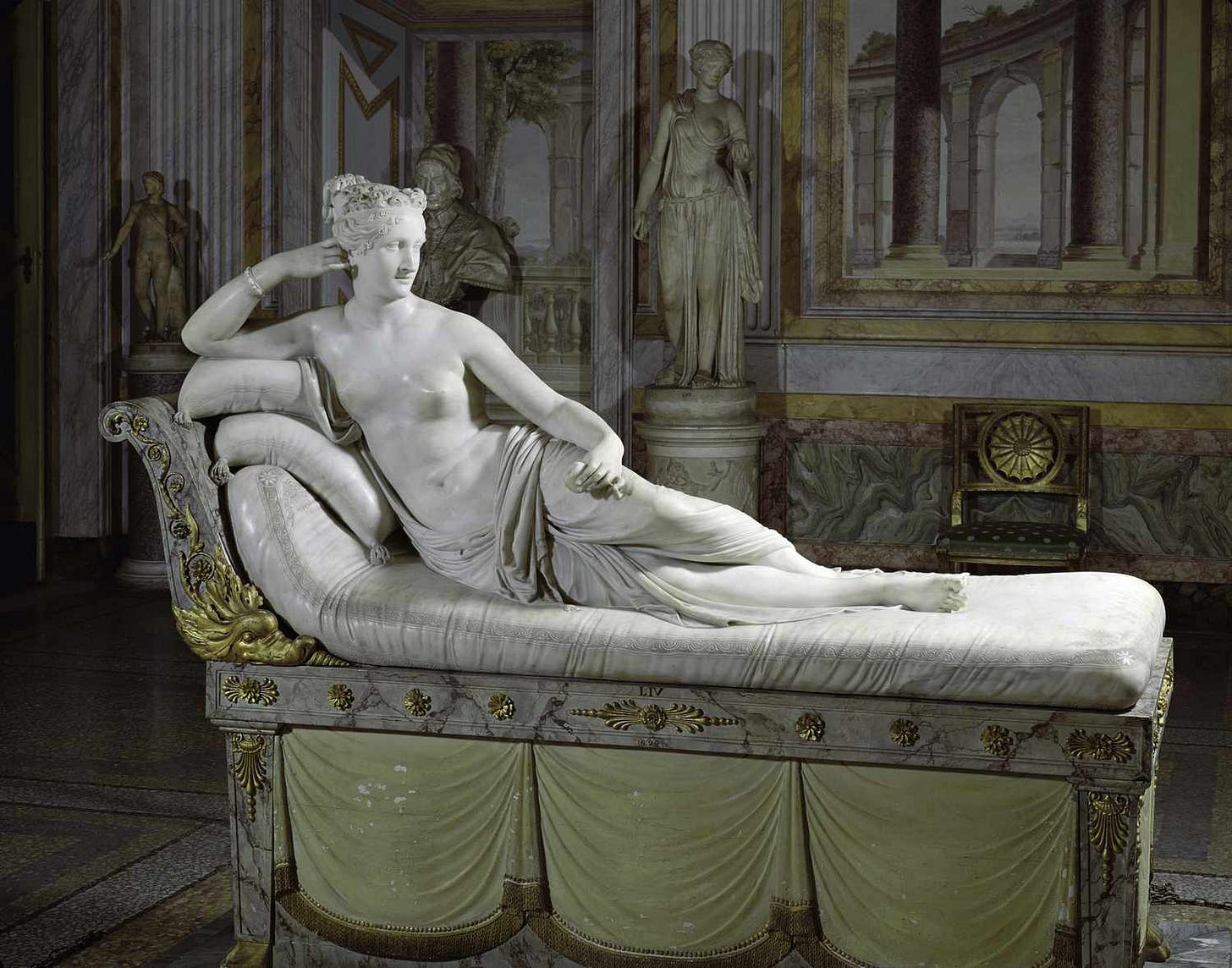Venus: Goddess of Rome
While many may stop at Aphrodite (Even my first article in this series was titled Ishtar to Aphrodite) there is one more form this Mediterranean Goddes took and that is the Roman Goddess Venus. Many simply write Venus off as Aphrodite with a different name. While yes, Venus is the Roman appropriation of Aphrodite how she was worshiped by the Romans was unique.
When Rome conquered a new territory they would take the gods the people worshiped and either synchronized them with one of the Roman deities or adopt them as new Roman gods. This was done to better assimilate the newly conquered people with Rome, rather than destroy their gods they made them part of the Roman religion. The Greeks are the most common example because theirs was one of the earlier regions Rome conquered outside the Italian peninsula. Also by writing themselves into the Greek Epic cycle as descendants of Trojan refugees, they gave themselves more legitimacy as rulers of the Mediterranean than before.
Aphrodite was synchronized with the Roman Goddess Venus. Originally Venus was barely worshiped in Rome, but once she was combined with Aphrodite her worship exploded. Venus kept the same mythos and characteristics of Aphrodite. The change came with the addition of the Romans to the Greek Epic Cycle. The myth goes that the Roman hero Aeneas led a band of refugees from Troy to Italy. His descendants Romulus and Remus founded Rome and Romulus became the city’s first king. What does this have to do with Venus? She was Aeneas’ mother.
Venus arguably became a patron goddess of Rome itself. She was considered the mother of Rome with titles like Venus Genetrix (Begetting Mother). With Rome’s expansionist ambition, she even regained the war association she lost in Greece being proclaimed the “bringer of victory”. Her influence was in politics as well. Julius Ceaser’s family claimed to be descended from Aeneas and thus Venus. Caesar used this to further his political goals and Augustus Octavian did the same when he became the first Emperor of Rome.
The rise of Christianity is what finally ended the journey of our great goddess. Her temples were torn down and her worship abandoned. Her legacy and stories still survive to reach us today though. No matter the empire or peoples or the name she carried it is clear wherever this Mediterranean Goddess went she became queen of the palace.
References
Just joining us now or want to go back to the beginning? You can find the links to all the articles in this series here:
Ishtar to Aphrodite
Aphrodite is one of my favorite figures to study in mythology. A bit of a minority opinion. Many people, particularly women, chose more “bad-ass” goddesses to read about. Athena and Artemis are seen today as definitions of girl boss in the ancient Greek Pantheon. They’re the powerhouses girls are taught to look up …





